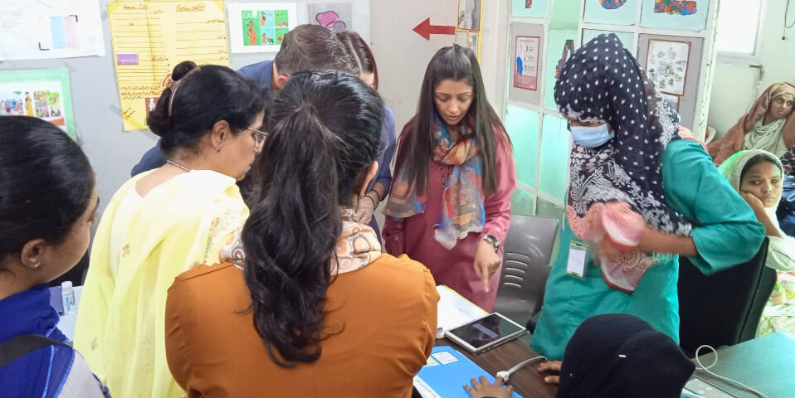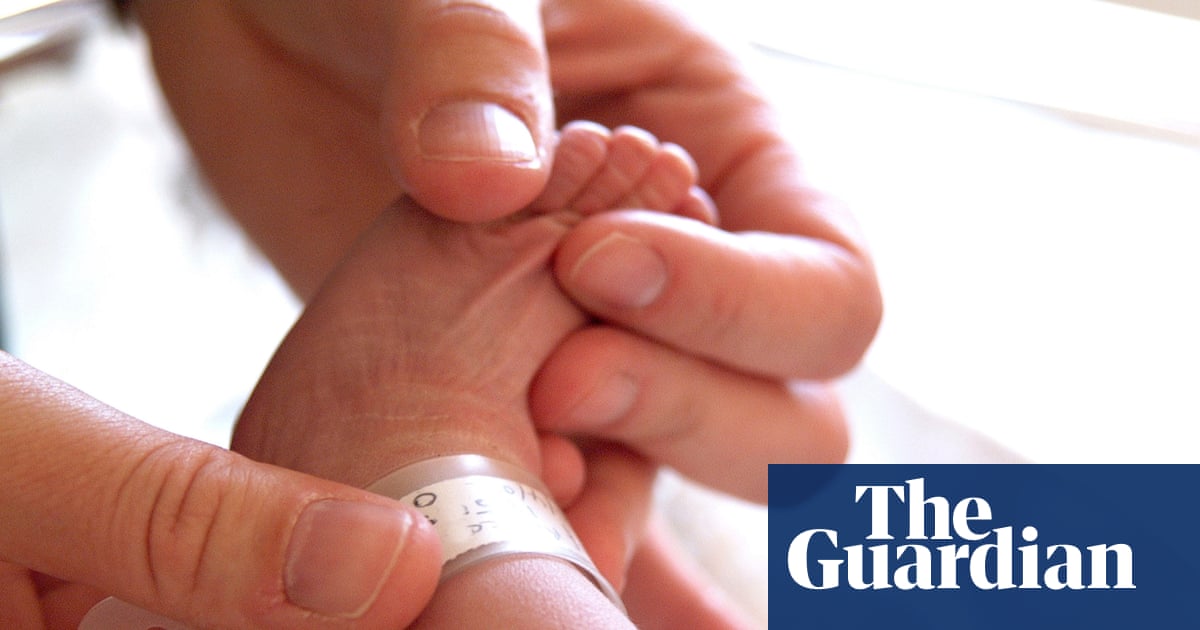Redefining Women’s Health Beyond Pregnancy

“In our societies, when we think of a woman, it starts and ends with the uterus,” says Dr Zahra Hoodbhoy, Associate Professor and Principal Investigator for the Pregnancy Risk, Infant Surveillance and Measurement Alliance (PRISMA). “As long as she’s pregnant, she’s the focus of attention. The moment the baby is born, all attention shifts to the child. But what happens to the woman afterward—her physical, emotional, and social health—remains largely invisible.”
That imbalance is exactly what PRISMA 3.0 seeks to change. Supported by a USD 10 million grant from the Gates Foundation, the Aga Khan University (AKU) team in Pakistan is leading one of the largest and most comprehensive studies of maternal and child health in the developing world. Working alongside Dr Hoodbhoy are co-investigators Professor Fyezah Jehan and Associate Professor Imran Nisar, who together bring decades of expertise in maternal and newborn health research to the project.
The project will enroll more than 6,000 women across Pakistan—part of a 16,000-participant cohort spanning India and Kenya—to track how biological, social, and environmental factors interact to shape outcomes for mothers and their children. Through approximately 20 structured check-ins from pregnancy to five years after birth, researchers will collect clinical, psychosocial, and environmental data that could redefine how health systems address maternal care beyond childbirth.
Building on the success of earlier PRISMA phases, which revealed major gaps in understanding anemia, depression, and gestational diabetes, the new phase adds cutting-edge innovation. Artificial intelligence will be applied to analyze ultrasound, placental, and C-section incision images to predict complications such as birth asphyxia, estimate gestational age, identify placental anomalies, elucidate disease pathophysiology, and assess the risk of C-section wound infections. Researchers will also link clinical data with climate records on heat and air quality to assess environmental risks to maternal and infant health. For the first time, the study will also include non-pregnant women to examine neglected areas such as heavy menstrual bleeding, sexually transmitted infections, and infertility.
“This grant allows us to complete the continuum of impact—from understanding women’s health in pregnancy to addressing their long-term well-being,” said Dr Salim Virani, Vice Provost, Research at AKU. “Projects like PRISMA reflect the University’s commitment to research that not only advances knowledge but directly benefits the communities we serve.”
Dr Hoodbhoy emphasizes that PRISMA is as much about systems change as science. “Only when we measure the real burden of disease with better tools can we convince policymakers to invest,” she said. “By following women through every stage of their reproductive journey and beyond, we hope to generate evidence that translates into action—and gives every woman the care and attention she deserves.”
link







